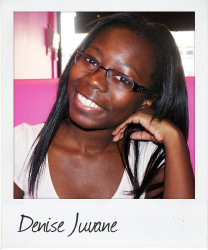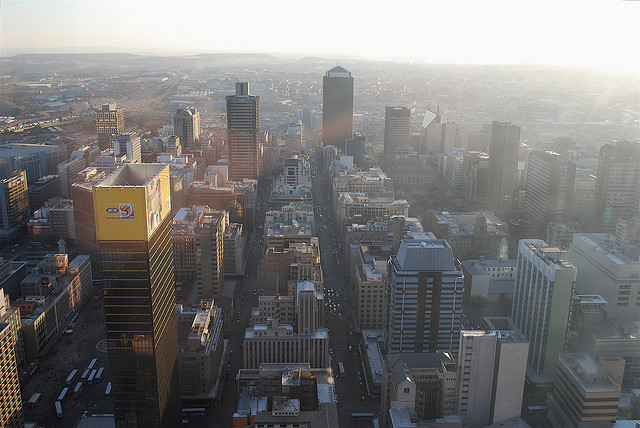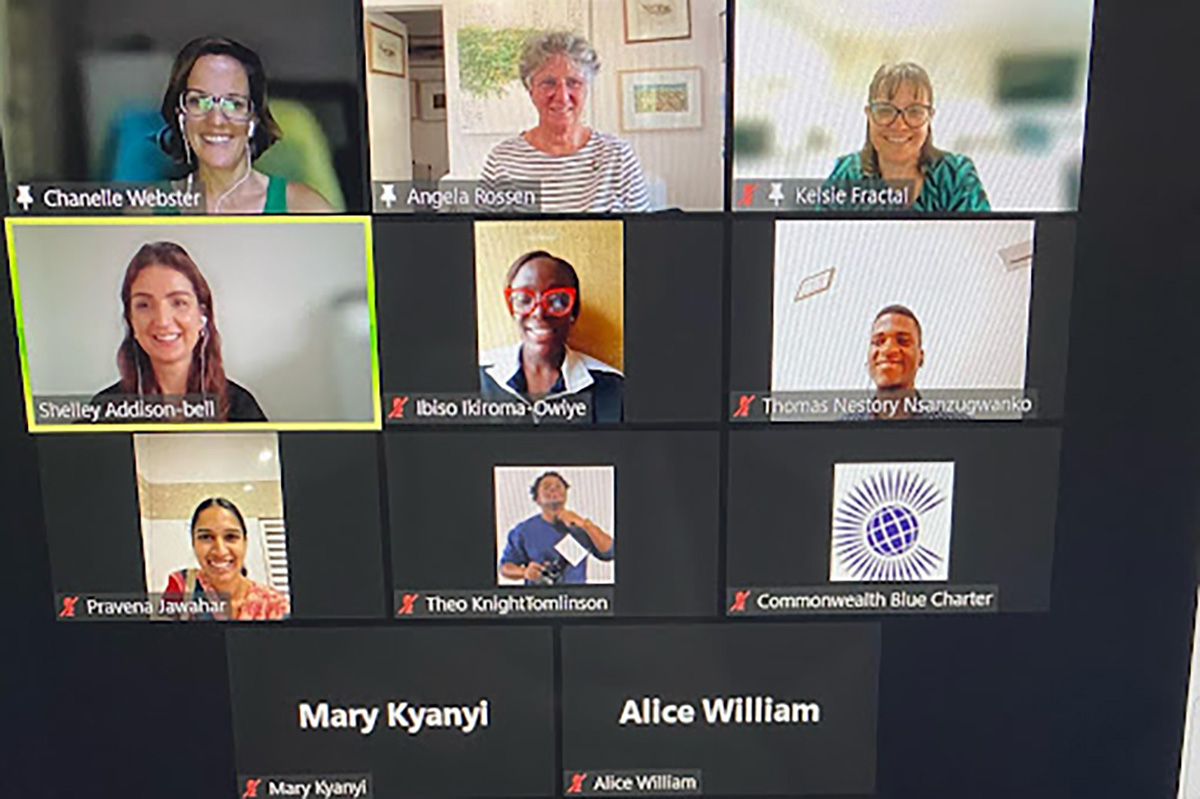“Exploring the world's perception of Africa”
April 4th, 2014 Many think of Africa as a poor and backward continent, writes Denise Juvane, 21, a Commonwealth Correspondent from Mozambique now living in England, who argues those narrow perceptions are based on one-sided media messages.
Many think of Africa as a poor and backward continent, writes Denise Juvane, 21, a Commonwealth Correspondent from Mozambique now living in England, who argues those narrow perceptions are based on one-sided media messages.
A couple of days ago I was listening to one of Chimamanda Ngozi Adichie’s influential speeches and it got me thinking about outsiders’ perceptions of Africa, the cradle of humanity.
For the most part, I have reached the conclusion that though unfortunately there are still grown up people asking questions such as whether there is electricity in the capital cities of African countries, they cannot be wholly blamed for their (forgive me here) arrogance.
How do we expect people to get an overall realistic view of this amazing continent if all the media bombards us with is pitiful news? For this reason exactly, we cannot, or I personally cannot, blame individuals entirely because they know what they see. If I were not African, I too would possess the same perception; if I were not the kind of person I am, and if I were not curious even about the most intrinsic aspects of life, I too would settle with the information being fed to me.
I remember being eleven years old, in an environment completely new to me, and being asked (though possibly hard to believe) genuine questions of curiosity by my peers. I recall as one person asked me a question about my country, another ten stood around eagerly and closely listening because they too wanted to know the answer but were too shy to ask. The brave one would then approach me and ask me ‘did you go to school in Africa?’ and I would politely nod and answer ‘yes I did’. As they all walked away, I could hear them muttering under their breath ‘oh that’s alright then’. For some reason that made the fact that I had previously attended school in a continent that according to them lacked schools fine.
It is now, ten years on, that I see myself old enough to understand that it was not entirely the information they had (or lack of), or to put it differently, their arrogance that led them to ask me such questions. It is now, ten years on, that I can look critically at the situation and see that it only makes sense that those former peers of mine, and most people with no prior contact with Africa, ask the questions that they do, because as far as they know Africa is, has been, and probably will continue to be, a continent with ‘poverty’ as its epitome.
Nonetheless, though, it would be futile to go on and argue that Africa is the total opposite of what the media shows. In reality, Africa is a war ridden continent, left with the scars and remnant of civil wars across the continent, violation of human rights, genocide, apartheid, and all the rest. Left with the scars of the ‘scramble for Africa’, and colonisation as it slowly (but surely) tries to rise and gain its ground in a world that sees it as its puppy. A world that sees it a continent free to impose laws and policies, to ‘help’ explore its natural resources, and to give international intervention immediately and wherever its seen as ‘necessary’ and ‘best fit’.
On a different sphere, though, all those connotations of what Africa is seen to be also come hand in hand with all the other blurred ones. Behind it all lie holiday hotspots, resources that can move most of countries out of poverty if adequate guidelines are given, hidden treasures of nature, people of all colours and background; behind it all lies an Africa that is yet to be displayed to the rest of the world.
Until then, we will continue and accept that it’s not always people’s arrogance but instead, the fact that we as individuals know what we are taught. The same way that I see India as a heavily populated country with an increasing number of shanty towns, but on the road to development with its successful IT sector, until I can explore it for myself, it will always be all I will ever know – and that’s just the way it all goes.
photo credit: Xevi V via photopin cc
…………………………………………………………………………………………………………
About me:
I am an International Politics student at the University of Surrey in England, currently carrying out an Erasmus exchange programme in Madrid. I am very much interested in international development, the effect of media in international relations and tackling of poverty and inequality. As well as writing for the Commonwealth Correspondent, I am also a News Writer for the University of Surrey’s newspaper ‘The Stag’.
………………………………………………………………………………………………………
Opinions expressed in this article are those of the author and do not necessarily represent the views of the Commonwealth Youth Programme. Articles are published in a spirit of dialogue, respect and understanding. If you disagree, why not submit a response?
To learn more about becoming a Commonwealth Correspondent please visit: http://www.yourcommonwealth.org/submit-articles/commonwealthcorrespondents/
…………………………………………………………………………………………………




